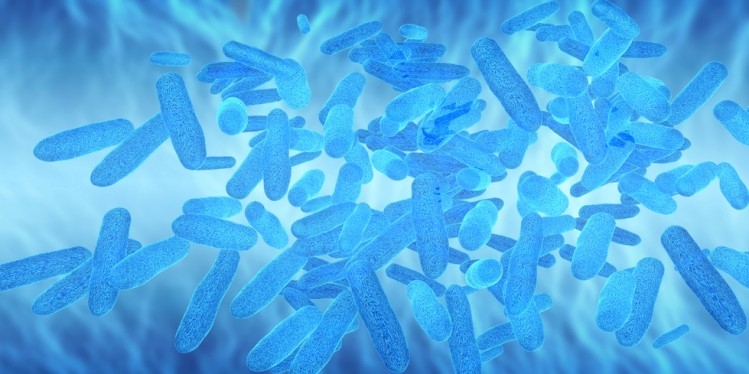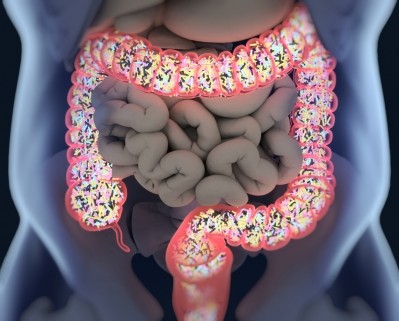Prebiotic blend may offer respiratory protection in infants: Study

The formula (PF), a mix of galacto-oligosaccharide and polydextrose (GOS/PDX), lowered the incidence of RI episodes compared to those infants receiving a standard formula (SF).
The Mead & Johnson Nutrition-funded study also noted an increased colonization of Bifidobacteria and Clostridium, two species hailed for their protective role in RIs and allergies.
“Infants fed a GOS/PDX-enriched formula demonstrated a more similar clinical pattern of outcome parameters to infants fed breast milk, but outcome parameters that were different from infants fed SF,” the University of Naples Federico II team concluded.
“Our study does not show a significant reduction of incidence of its occurrence in the PF group. However, it is important to underline that the risk of AD in PF compared with SF is reduced by 35%.”
Study details
The two-year randomised, double-blind, placebo-controlled trial, took a total of 201 and 199 infants, randomised to receive a GOS/PDX formula and standard formula, respectively; 140 infants remained on exclusive breastfeeding (BF).
The cumulative number of infants with at least one episode of atopic dermatitis (AD) was not statistically different between the PF and SF infants at 36 weeks, 48 weeks and 96 weeks.
Further analysis revealed that the rate of AD was reduced by 35% in PF compared with SF and by 38% in BF compared with SF.
Regarding RIs, both the number of infants with at least one episode of RI and the mean number of RIs episodes until 48 weeks were lower in PF infants than in SF infants.
These differences were no longer detected at 96 weeks after PF-containing formula withdrawal.
The team then looked at the gut microbiology and its link to AD and RI. Infants who were free from RIs had significantly increased load of Bifidobacteria compared with those without RIs in faecal samples collected at 9–12 months of life (after nutritional intervention).
This difference was not detected in the pre-intervention samples and no differences in other bacterial species were noted.
‘Bifidogenic effect’
“The mechanisms of the protective effect of prebiotic against RIs are not clearly elucidated but are likely to involve modifications of intestinal microbiota,” the study said.
“Our study directly showed for the first time that Bifidobacteria were increased in children without RIs regardless of nutrition, supporting the protective role of Bifidobacteria against RIs.
More specifically, our data support the relationship between intestinal microbiota and direct protection from RIs involving Bifidobacteria. Therefore, the well-known “bifidogenic effect” of prebiotics has a clinical implication resulting in protection against RIs.”
Source: Nutrients
Published online ahead of print, doi: 10.3390/nu10030286
“Galacto-Oligosaccharide/Polidextrose Enriched Formula Protects against Respiratory Infections in Infants at High Risk of Atopy: A Randomized Clinical Trial.”
Authors: Giusy Ranucci et al.















